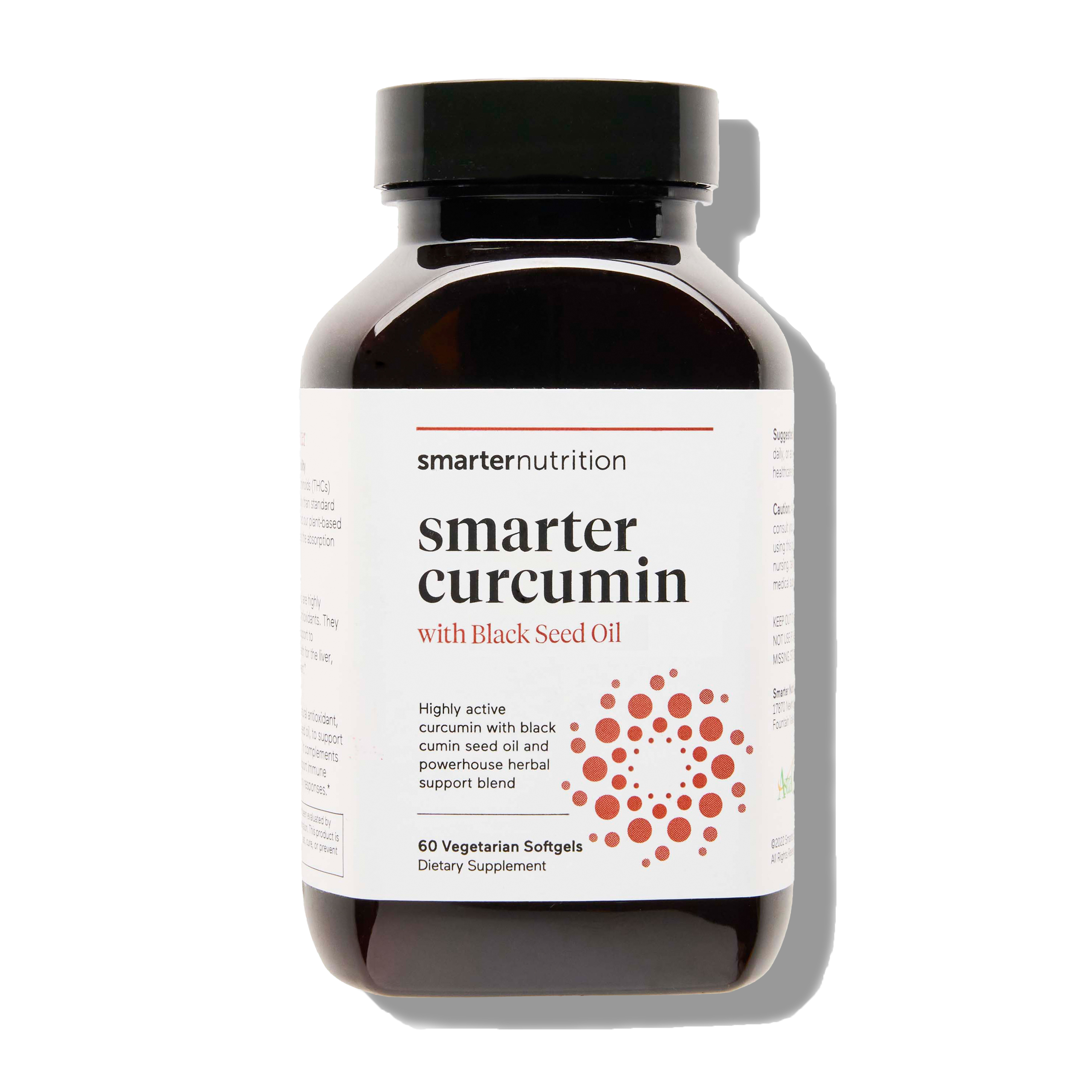How To Manage Stress After 45
Stress arises for many different reasons throughout the course of a person’s life. Whether it’s due to taking the SAT test, getting married, navigating finances, or contemplating a career change, it can impact one’s quality of life in several different ways. These stressors can be hard to handle, but the negative effects they may have on the body are easier to recover from at an earlier age. When stress is experienced later in life, the body may not adapt as quickly as it used to in younger years.
Why Stress Feels Different with Age
Stress never feels good, but when you experience stressful events at an older age, you may also notice that it takes longer for your body to return to equilibrium. As we age, the body finds it more difficult to physically handle stress like you did when you were younger because the heart and lungs may have diminished capacity.
Stress can also wreak havoc on your mental state. Those same stress hormones hang around the brain and prevent the front of the brain, which is where concentration and decision-making happen, from doing its job. Older adults may also experience memory issues as a result.
Changes in Stressful Triggers
While young people certainly are capable of experiencing stressful events, there are certain types of stress that only come with age. These kinds of situations can take an emotional toll and are often more frequent and severe.
Individuals who are 45 to 65 might be concerned about having enough money to retire, taking care of an elderly or sick parent, or moving into a new home. Many people over the age of 65 may be overwhelmed or negatively affected by the abundance of time after retirement, losing loved ones, or losing the ability to see, hear, and move without assistance or pain.
When Stress Affects Your Quality of Life
The more stressed you feel, the more likely you are to experience one or more of these alterations to your normal life and state of health.
- Sleeping Problems: As we age, it becomes more difficult to get a good night’s rest. When you couple that with stress, you may toss and turn even more than before. It is essential to get enough sleep in order for the brain to properly flush out stress hormones. Over time, the negative effect on your mental state can continue to worsen.
- High Blood Pressure: When stress induces the release of adrenaline and cortisol, the body rushes more oxygen to the muscles and pushes sugar and fat into the blood. These events increase your heart rate and raise your blood pressure. When this process occurs regularly, blood pressure can become elevated and the risk of heart disease may increase.
- Health Conditions: Additionally, prolonged stress can contribute to digestive problems, mood disorders, poor concentration, and headaches.
- Skin Conditions: Stress can induce acne, eczema, and psoriasis, which cause even more stress because of the effect they have on one’s appearance.
- Unhealthy Habits: Desserts is stressed spelled backwards. When under stress, many people are much more likely to reach for a sleeve of cookies or a stiff drink. Eating unhealthy foods and drinking too much alcohol can negatively affect overall health and contribute to the development of more issues.
Managing Your Stress Effectively
While you may not be able to change your stressful circumstances, you can change your mindset and your reactions. These lifestyle changes can make a big impact on your mental health and the way you handle stressful situations.

1. Get Moving
Just 30 minutes a day can get your endorphins going. These neurotransmitters in the brain are what give you that happy feeling after you’re done walking, swimming, or biking. Exercise can also counteract stress by helping your body regulate its effects. Plus, while you’re concentrating on your swimming strokes or navigating a trail, you’re distracted from the problems that caused you stress in the first place.
2. Eat Supportive Foods
When you’re stressed, remind yourself that you need the right nutrients to keep your body’s vital systems working properly. The ideal balanced diet contains protein, vegetables, fruit, and whole grains with limited amounts of fried food, sugar, and refined carbs.
It’s also a great idea to include foods high in probiotics like Greek yogurt, kombucha, and sauerkraut. Foods with probiotics can help keep the bacteria balanced in your gut, which is where one of the hormones that affects your mood is made. If fermented foods aren’t your thing, Smarter Gut Health is made with hearty soil-based probiotics that are naturally shelf stable and highly resilient to stomach acidity. Plus, Smarter Gut Health is formulated with prebiotics to provide sustenance for thriving flora and healthy fats to encourage digestion.*
3. Join a Community
Stress can make it tempting to withdraw from others, but doing so can actually make it worse. Surround yourself with friends and family you can trust to talk through your problems and receive caring advice. Additionally, participating in group activities like volunteering, fitness classes, and clubs can help foster a greater sense of community and support.

4. Sleep Smarter
The body naturally produces melatonin to signal when it’s time to go to sleep. However, the amount of melatonin your body makes declines as you age, which is why you may experience poor sleep later in life. If you’re already having trouble sleeping, stress can make it even worse. Smarter Sleep is designed to help you fall asleep and stay asleep for a better night’s rest. Formulated with melatonin and Lactium®, a milk protein with soothing properties, Smarter Sleep aims to prepare your body for the night ahead.
5. Meditate
Taking a moment to take deep, slow breaths and focusing on how the oxygen expands into your body is a great way to steady yourself. Then shift your focus away from your stressors and toward being present where you are. If you’re not sure where to start, try using an app like Calm to guide you through meditations that can encourage less stress and better sleep.
Stress is inevitable, but long-term negative effects don’t have to be when you have healthy habits in place and some supportive supplements on your side!
Sources
- Ricciotti, Hope M.D., and Hur, Hye-Chun M.D., M.P.H. Does stress management become more difficult as you age? Harvard Health Publishing. 2018.
https://www.health.harvard.edu/newsletter_article/does-stress-management-become-more-difficult-as-you-age - Shansky, Rebecca and Lipps, Jennifer. Stress-induced cognitive dysfunction: hormone-neurotransmitter interactions in the prefrontal cortex. Frontiers in Human Neuroscience. 2013.
https://www.frontiersin.org/articles/10.3389/fnhum.2013.00123/full - Sroykham, Watchara, and Yodchanan Wongsawat. “Effects of brain activity, morning salivary cortisol, and emotion regulation on cognitive impairment in elderly people.” Medicine vol. 98,26 (2019): e16114. doi:10.1097/MD.0000000000016114
https://www.ncbi.nlm.nih.gov/pmc/articles/PMC6616250/#:~:text=Chronic%20high%20cortisol%20may%20damage,dysfunction%20during%20aging%20or%20dementia - Cadman, Bethany. How to remove cortisol from the body naturally. Medical News Today. 2013.
https://www.medicalnewstoday.com/articles/322335#natural-ways-to-lower-cortisol - Mayo Clinic Staff. Stress and high blood pressure: What's the connection? Mayo Clinic. 2021.
https://www.mayoclinic.org/diseases-conditions/high-blood-pressure/in-depth/stress-and-high-blood-pressure/art-20044190#:~:text=Your%20body%20produces%20a%20surge,long%2Dterm%20high%20blood%20pressure - Sandi, Carmen, and József Haller. “Stress and the social brain: behavioural effects and neurobiological mechanisms.” Nature reviews. Neuroscience vol. 16,5 (2015): 290-304. doi:10.1038/nrn3918
https://pubmed.ncbi.nlm.nih.gov/25891510/




